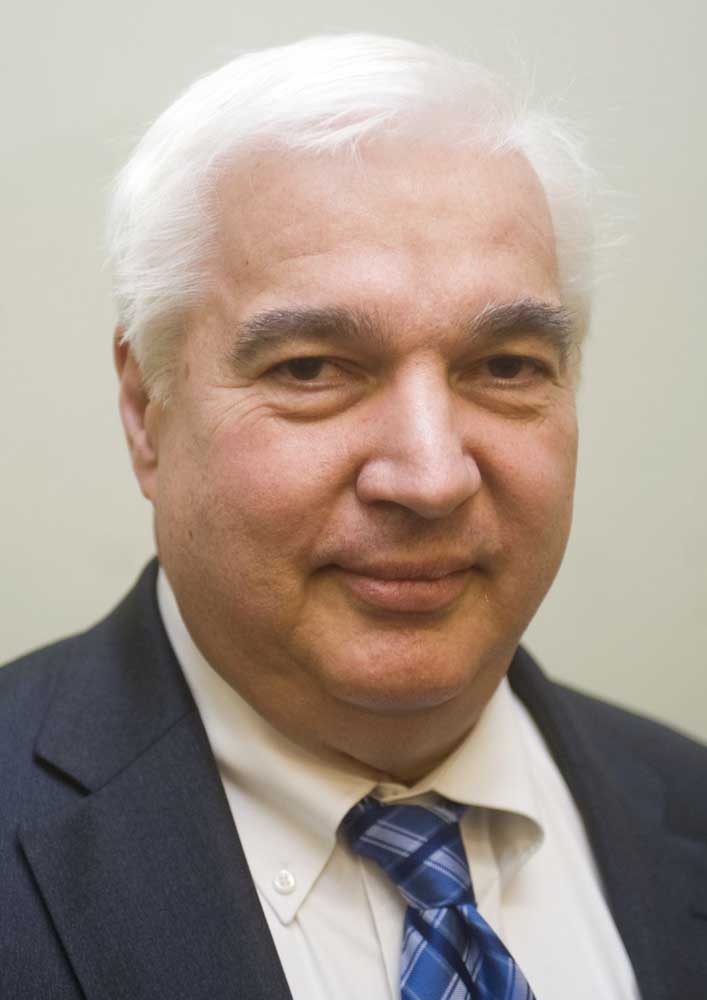Guest Column: What is a parliamentarian?
Published 12:30 am Thursday, December 5, 2019

- Larry Taylor
Earlier this year, I was honored and delighted to be asked to serve as parliamentarian for the Clatsop County Board of Commissioners. This is a mysterious role to many people. Some wondered why there was a need for a parliamentarian when the county already had legal counsel. Others wondered what exactly does a parliamentarian do.
Trending
Parliamentary procedure is a completely separate body of knowledge from what an attorney studies when they pursue a law degree. It would be unusual for an attorney to study parliamentary procedure in law school. Parliamentarians advise and are experts on parliamentary procedure and the rules of democracy.
Parliamentary procedure is nonpartisan and is based on the concept of majority rule. Parliamentarians protect the rights of the majority, the minority and members that are absent from meetings.
During meetings, a parliamentarian is an adviser to the presiding officer. In normal circumstances, the parliamentarian sits near the presiding officer so issues can be handled discretely.
Trending
Outside of meetings, which is where most of the work of parliamentarians occur, a parliamentarian reviews items on forthcoming agendas, and prepares the presiding officer on how best to handle items so that democracy is best served. This includes the processes for creating motions and the appointments to boards and commissions.
Many people find themselves in the role of presiding with no training in how to properly conduct meetings. County Commissioner Sarah Nebeker, the board chairwoman, deserves enormous credit for pursuing training and getting advice on how best to preside.
Are there problems in how commissions and councils are run? Examples I’ve observed of various deliberative bodies in my 20 years in Clatsop County include:
• Adjourning meetings before the business is complete and without the consent of the council.
• Mishandling of motions, which includes new motions made before prior motions are disposed of, and multiple amendments improperly handled. This results in confusion and lack of clarity about what is being voted upon, which can lead to suboptimal decision-making.
• Absence of an adopted parliamentary authority, which results in a lack of clarity on what the rights of members are. With no or few rules, inordinate power can be usurped by the mayor or presiding officer, marginalizing the members of the council.
• Speaking off topic or for excessive lengths of time, which abuses the rights of other council members to properly conduct business.
• Improper use of the consent calendar, which should only be used for routine or noncontroversial matters.
The rules of parliamentary procedure have been developed over hundreds of years to ensure democracy prevails when groups meet and make decisions.
As a resident of Clatsop County, I want my elected representatives to know their rights in meetings so they can effectively execute their role. Ignorance is no excuse for poor performance in office.
Once upon a time, parliamentary procedure was commonly taught in high schools because it addresses the application of democracy in civilian society. Clatsop County Community College is to be commended for allowing me to teach parliamentary procedure. It is the only college in Oregon’s educational system where any of Oregon’s six professional registered parliamentarians teach.
By learning and adhering to the principles of parliamentary procedure, our boards and councils can only improve in the administration of their work.









